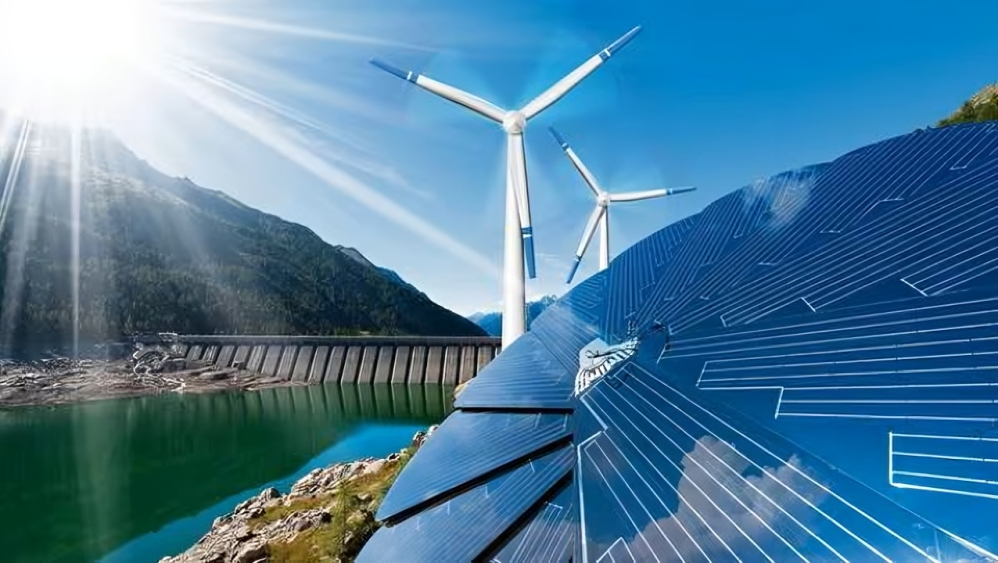India’s Green Investment to Rise Five-Fold by 2030: Crisil Report
Current Affairs NationalPosted by admin on 2025-01-15 11:24:04 |
Share: Facebook | Twitter | Whatsapp | Linkedin Visits: 70

India is poised to witness a five-fold surge in green investments, reaching ₹31 lakh crore between 2025 and 2030, as per Crisil's latest analysis. This growth aligns with India’s commitment to achieving net-zero carbon emissions by 2070, requiring $10 trillion in investments over the period. Crisil highlights that ₹19 lakh crore will be directed toward renewable energy and storage, ₹4.1 lakh crore to transport and automotive sectors, and ₹3.3 lakh crore to oil and gas.
Amish Mehta, Managing Director and CEO of Crisil Limited, emphasized the importance of balancing India’s developmental and environmental priorities as energy needs continue to expand. He underscored the necessity of accelerating grants, enhancing blended finance initiatives with multilateral agencies, and developing carbon markets to support industrial decarbonization.
The recently held India Infrastructure Conclave 2025 in Delhi released the Crisil Infrastructure Yearbook 2025, featuring the Crisil InfraInvex index. This index measures investment attractiveness across 12 infrastructure segments based on factors like policy, regulation, operations, and sustainability. Renewables, conventional power generation, transmission, and distribution sectors show promising investment potential due to favorable policy frameworks.
However, challenges persist for sectors like mining and electric vehicles (EVs), which need a sharper focus on critical minerals and additional policy interventions to enhance attractiveness. For established technologies like solar and wind power, financing opportunities are abundant through banks, bonds, and development finance institutions. Conversely, emerging technologies such as green hydrogen, carbon capture, and energy storage require government incentives to improve project viability.
The green bond market, along with asset monetization and infrastructure investment trusts, is expected to provide significant equity funding. Rahul Prithiani, Senior Director of Crisil Intelligence, highlighted the need for innovative financing and enhanced corporate ESG disclosures to sustain climate-related investments, ensuring a steady march toward India’s decarbonization goals.
Search
Categories
Recent News
- Army's Precision Strike: Top Terrorists Neutralized in J&K
- Locked in a Box: Teen's Harrowing Rescue from Captivity
- JEE Main 2026: Unlocking the Answer Key
- Bengaluru's Power Outage: A City in the Dark
- Modi's Israel Visit: Strengthening Strategic Ties
- MS Dhoni's Vision for India's Future: The Longevity of Rohit and Kohli
- Pawan Kalyan's Telangana Campaign: A Political Strategy
- Hyderabad's Pedestrian Revolution: A City Reclaims its Footpaths
Popular News
- Navigating IPO Market Dynamics Amid Volatility and Regulatory Changes
- Massive Worldwide Microsoft Outage Disrupts Multiple Sectors
- Panjapur Bus Stand to Reshape TNSTC Routes
- తెలుగుదేశం పార్టీ - పేదరికాన్ని నిర్మూలించడంలో వాగ్దానం
- Universities Embrace Remote Learning Technologies Amidst Ongoing Pandemic